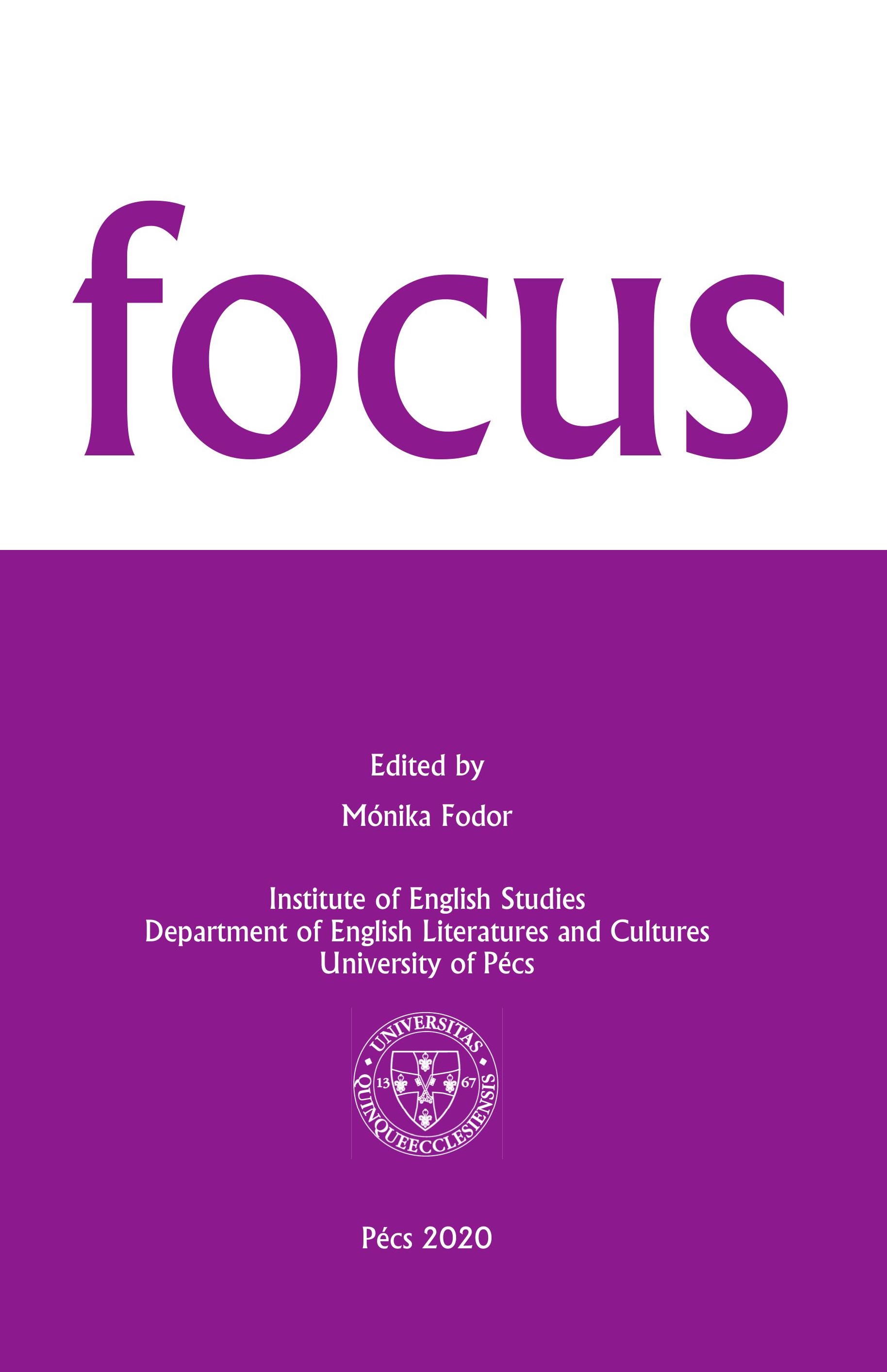Praet, Stijn, and Anna Kérchy, eds. The FairyTale Vanguard: Literary Self-Consciousness in a Marvelous Genre. Newcastle upon Tyne: Cambridge Scholars, 2019. 290 pp.
DOI:
https://doi.org/10.15170/Focus/12.2020.11.147-149Abstract
Every single book analyzing literary fiction that might attract a younger audience seems to begin with a disclaimer: yes, we know that this can be read by children, and no, we do not think it does not deserve serious critical attention. The Fairy-Tale Vanguard is no exception, but it courageously leaves the apologetic tone of earlier works and adopts an entirely professional attitude. The volume promises to reveal that fairy tales have always had their embedded potential in being able to express literary self-consciousness long before it was made mainstream through postmodern literature. As editor Stijn Praet observes in the introduction, this self-consciousness relies on both metaliterary reflection and literary experimentation. In his view, the fairy tale is an essentially protean genre, and a deeper look into its high fictionality and opaque textuality will definitely contribute to a wider acceptance of this often marginalized field of research.
Downloads
Published
How to Cite
Issue
Section
License
Copyright (c) 2022 FOCUS: Papers in English Literary and Cultural Studies

This work is licensed under a Creative Commons Attribution-NonCommercial-NoDerivatives 4.0 International License.
FOCUS: Papers in English Literary and Cultural Studies follows the principles laid down by Creative Commons, which provides guarantees for the Author’s copyright while also ensuring that intellectual properties are made available for the wider public in a digital form. All papers submitted to the journal apply the following licence conditions (indicated on the journal’s website as well as in individual publications):
“© This work is licensed under a Creative Commons Attribution-NonCommercial-NoDerivatives 4.0 International License.”
You are free to:
- Share, copy and redistribute the material included in the journal in any medium or format under the following terms:
- Attribution — You must give appropriate credit to the Author, and indicate the original place of publication [FOCUS: Papers in English Literary and Cultural Studies, Issue nr., page numbers.].
- NonCommercial — You may not use the material for commercial purposes.
- NoDerivatives — You are not allowed to remix, transform, or build upon the material.
- The above conditions must always be indicated if the journal material is distributed in any form.
- The above conditions must always be met, unless a written permission signed by the Author and the Editor-in-Chief states otherwise.

